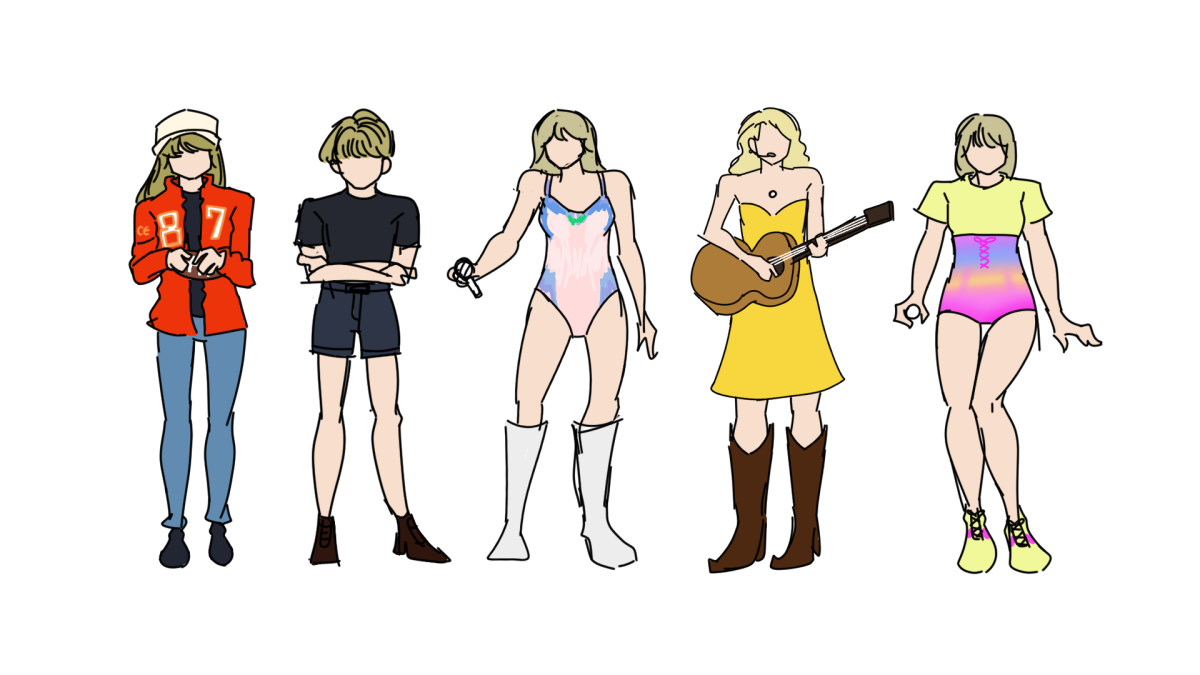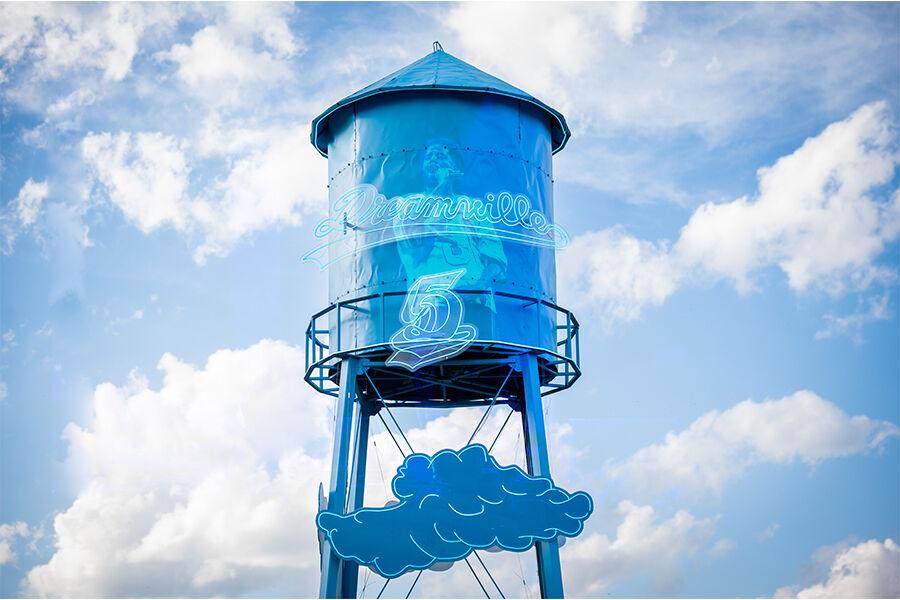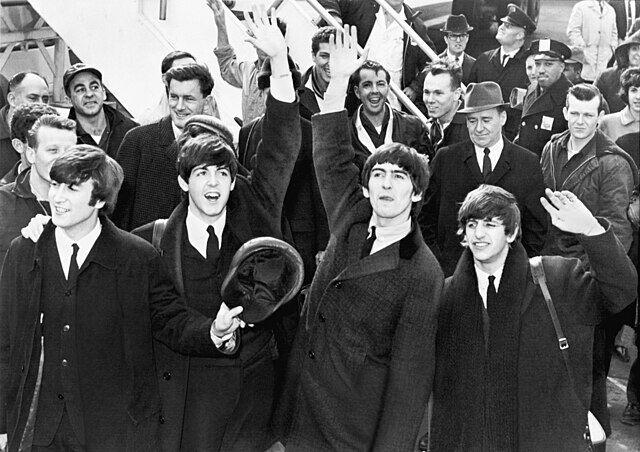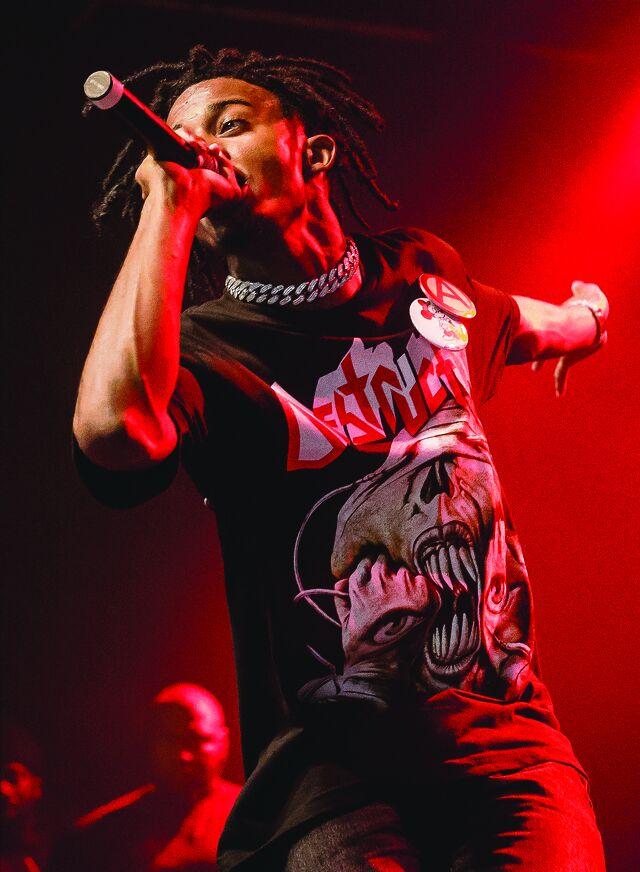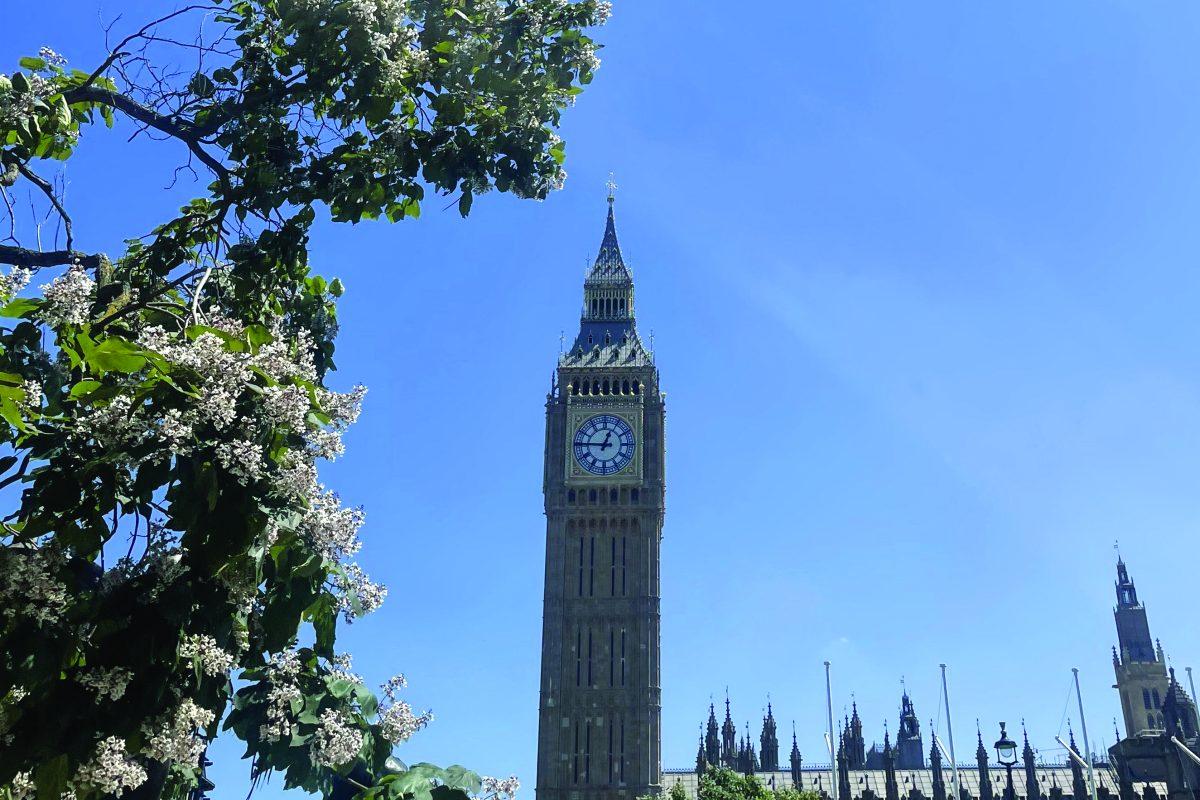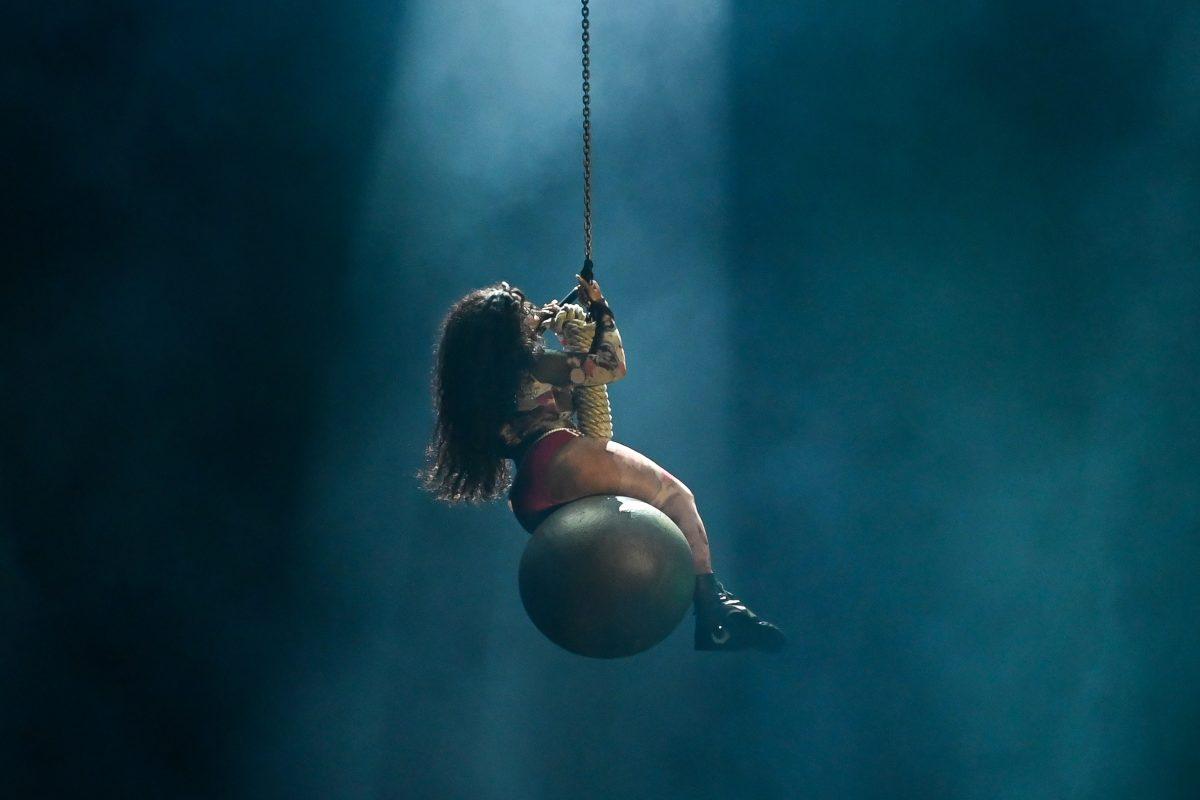Among the many lingering Super Bowl LIX memories — the Chiefs floundering, a Trump cameo and “Say Drake!” — one seemingly unrelated cultural moment stands out: Taylor Swift getting booed on camera by live stadium attendees.
This moment, a perfect caricature of the internet’s response to Swift’s heightened superstardom, paves the way for an important cultural conversation: Why do people hate Taylor Swift?
Perhaps it’s her domineering popularity, massive wealth and award-winning songwriting talent. After all, the world does seem to hate successful women. Or perhaps, it’s lies about her humble beginnings, appropriation of the LGBTQ+ community and cherry-picked political activism. There’s two sides to every coin, and fortunately for us, the internet provides no shortage of evidence.
A good introduction to Taylor Swift criticism is the “r/travisandtaylor” subreddit, which is a self-proclaimed “snark sub” filled with critical commentary. Topics of frequent discussion include annoyances posed by Swift paraphernalia in grocery stores, comparisons between Swift’s dating partners and plastic surgery rumors.
Recently, Swift faced scrutiny over her overexposure at NFL events she attends to support her boyfriend, and Kansas City Chiefs’ player, Travis Kelce. However, Brianna Bernhardt, a second-year studying communications, raised an important counterpoint: Swift doesn’t control how frequently she’s televised by NFL media.
“It’s the NFL that’s making football about Taylor Swift,” Bernhardt said. “Taylor Swift is just there to support the person she loves and the NFL is taking that and running with it in terms of marketing, and that’s not necessarily something she has control over.”
Subreddit members also frequently criticize her songwriting for its repetitive themes of love and heartbreak, and her latest album, “The Tortured Poets Department,” performed rather poorly with this crowd.
Contrary to popular belief, Anne Auten, assistant director of the University Honors Program, said love is not the only topic Swift sings about. Auten teaches HON 398: Taylor Swift: Through the Eras and said underlying the songwriting criticism is a deeper, misogynistic criticism of Swift’s love life.
“All that said, I, unfortunately, think that there is a whole lot of misogyny happening,” Auten said. “We do not criticize similar artists, similar male artists in particular, who write about the same material, who write about relationships, who write about them very bluntly and openly.”
By far, what draws most people to Taylor Swift is her relatability and honesty; longtime fans often describe their experience as “growing up” with Swift, from navigating teen romances to forming a sense of identity in adulthood alongside her songs.
“I would say I relate to her lyrics in the same way that I relate to the confessional poets in the 20th century,” Auten said. “I see her as just a different kind of Anne Sexton or Sylvia Plath.”
However, is Taylor Swift actually relatable, or is this a manufactured persona and brand? It helps to trace back to her early career, when she was marketed heavily as a teen country singer-songwriter.
Although Taylor Swift’s camp presents her early successes as deserved opportunities that sought her out, a seven-page email from Swift’s father, Scott Swift, tells a different story. In this email, Scott Swift took responsibility for getting Taylor Swift many of her early performance opportunities, using his banking connections and various board memberships to promote his daughter and acquire specific contracts.
He even detailed exchanges of favors to get Taylor Swift some of her major gigs. The email is fascinating and strangely neurotic and it’s worth taking a look yourself.
In a society that heavily criticizes ‘nepo babies’ and ‘industry plants’ it is worth questioning just how genuine the artists we ascribe genuineness to actually are. If so much of her early career was a strategic business, who’s to say that isn’t true of her present brand as well?
Additionally, Swift has also received criticism for appropriating the LGBTQ+ community during the “Lover” era, only to abandon her advocacy in recent years. During the album’s promotion, Swift incorporated LGBTQ+ celebrities, parades and symbols directly into music videos, song lyrics and marketing materials.
In her 2020 documentary “Miss Americana,” Swift provided context for her new interest in politics. She explained that her management strictly discouraged political involvement, but after personal experiences with sexual assault, she chose to speak up.
“I need to be on the right side of history,” Swift said.
Swift’s grand entrance to advocacy involved performances at the Stonewall Inn, attendance at pride events and direct calls to political action on music videos. Speculations about her own sexuality even stacked up after she released her single “ME!” on Lesbian Visibility Day.
Now, years later, there’s crickets. In the past two years, Taylor Swift has not commented on recent waves of anti-LGBTQ legislation, despite several leading LGBTQ+ organizations declaring it a humanitarian crisis.
It would be inaccurate to say that she isn’t political at all as she did endorse Harris-Walz during the 2024 Presidential Election, but she has certainly distanced herself from politics in recent years.
Whether it was achieving billionaire status or receiving backlash for private jet usage and its environmental impact, something has caused Taylor Swift to no longer be interested in active political engagement. This is perhaps the biggest source of criticism for the singer.
Whatever your opinions on Taylor Swift may be, remember to think critically about celebrities and their brands and question whether you hold other artists to the same expectations.
“I think, at the end of the day, that if you’re going to have one critical perspective on a specific celebrity, then you need to hold that same level of criticism and skepticism for all, ” Bernhardt said.


